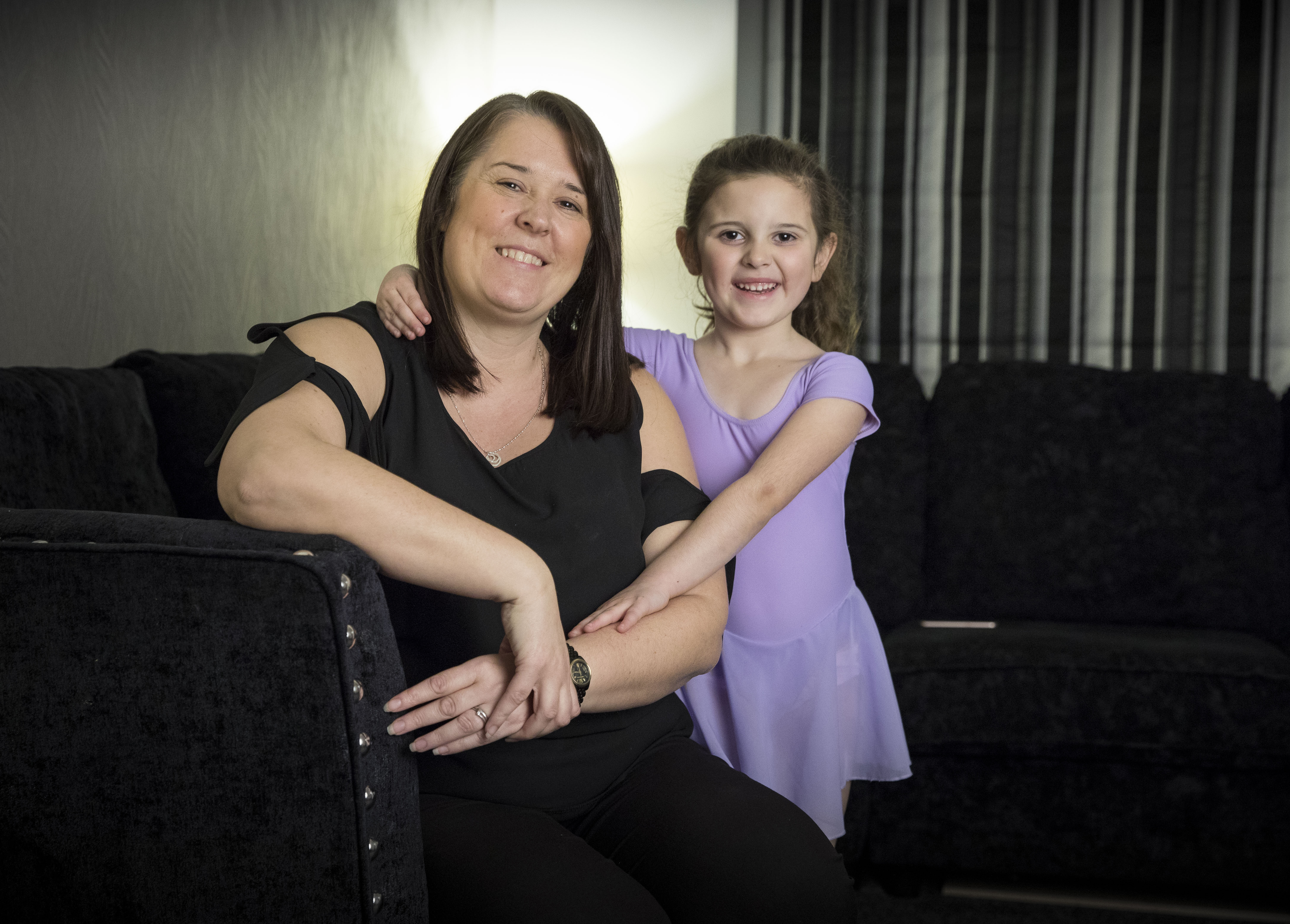
SCOTS children are the busiest in Britain, according to research.
Experts say youngsters north of the border are the most likely in the UK to enjoy after-school classes and activities.
Working parents are increasingly relying on clubs to bridge the gap between school home time and office hours.
Chris Payne, a senior researcher with the Office for National Statistics (ONS), which carried out the work, said: “A typical Scottish child spent more hours in a formal care setting than children from the other nations of the UK.”
The study shows that on a typical day, Scots under-sevens spend just over eight hours in the presence of one or both parents.
Of that, just one hour 21 minutes is taken up with leisure activities.
Experts stress it is not the quantity of time parents spend with their children which is most important but the quality.
Mumsnet website founder Justine Roberts said: “Parents are generally good at discovering what works for their family. For some this means spending every waking minute with their child. For others it means working and finding a good nursery, childminder or family and friends to step in.”
Clinical psychologist Emma Citron said parents should consider whether they are enrolling their children in too many clubs and classes.
“Sometimes it’s not necessarily good for kids,” she argued.
“There is an emphasis to provide the child with every single opportunity, from a very young age, be it music classes, football, or whatever it is.
“I always tell parents ‘let children come home and be bored some days and just sit around apparently doing nothing much.’
“It’s okay to be bored and, in fact, it is a good thing.”
But Megan Jarvie, head of children’s charity Coram Family and Childcare, said there were no hard and fast rules and parents should follow their instincts.
She said: “For many, spending time more together as a family is the right choice. For others, it works better for children to take part in more group activities or go to childcare.
“What is most important is that there are services available that mean this can be a genuine choice for families, rather than having their choices limited by not being able to find or afford the childcare that works for their family.”
The ONS study is the first to chart how childcare and leisure time differs across UK regions and nations. It found parents in Scotland typically spent 508 minutes with their under-sevens every day.
The average for British parents was 594 minutes.
In 2015, when the data was collected, Scottish parents were offered the highest level of free childcare in the UK, at 30 hours a week for a three or four-year-old.
Parents in England were offered 15 hours, those in Northern Ireland 12.5 hours.
It’s a little crazy, but we fit it all in and it makes us closer as a family
Working full-time and a busy mum-of-three, Leanne McAlister has a jam-packed schedule.
Add her children’s extracurricular activities into the mix and it’s a wonder her head isn’t in a spin.
Youngest child Millie, six, goes to four different clubs on three nights during the week, and then goes dancing on a Saturday.
On Tuesdays, it’s more dancing, followed by Rainbows, swimming on Wednesdays and gymnastics on Thursdays.
On top of all that, sons Matthew, 15, and 11-year-old Euan’s five football sessions a week leave you to wonder if the family, from Dumbarton, ever spend any time together.
“It’s a little crazy to say the least – but we somehow manageto fit it all in – and always have family time,” Leanne, 40, said.
“Friday is the day nobody has any clubs on, so we go out for a takeaway.
“And Sunday nights are for a big dinner round the table and watching a movie.”
Planning manager Leanne, whose husband James also works full-time, added: “Most nights we
just run from pillar to post because there’s so much on.
“Thankfully, we have lots of help from my dad and sister who do pick-ups and drop-offs.
“Some nights Millie has to have her dinner in the car, driving between clubs, but we’re all used to rushing about.
“The kids love going, keeping fit and having different circles of friends.
“I would never force them to go if they didn’t enjoy it.
“In fact, I would say it encourages us to spend more time together. We catch up on the drives to and from the classes.
“And Millie does festival dancing which often means going away for the day or overnight and that’s a great bonding time for us.
“It’s nice to be there watching their progress and I think they enjoy us being there, too.
She added: “The kids would otherwise be at home playing by themselves on the PlayStation or tablet.
“This is especially true in the winter months when it’s too cold and dark to play outside with their friends after school.
“We notice when the clubs break for holidays, they get bored, so I think we all prefer to be busy.
“To be honest, I think these things make us closer as a family because we make the most of the quieter times.
“I wouldn’t have it any other way.”

Enjoy the convenience of having The Sunday Post delivered as a digital ePaper straight to your smartphone, tablet or computer.
Subscribe for only £5.49 a month and enjoy all the benefits of the printed paper as a digital replica.
Subscribe